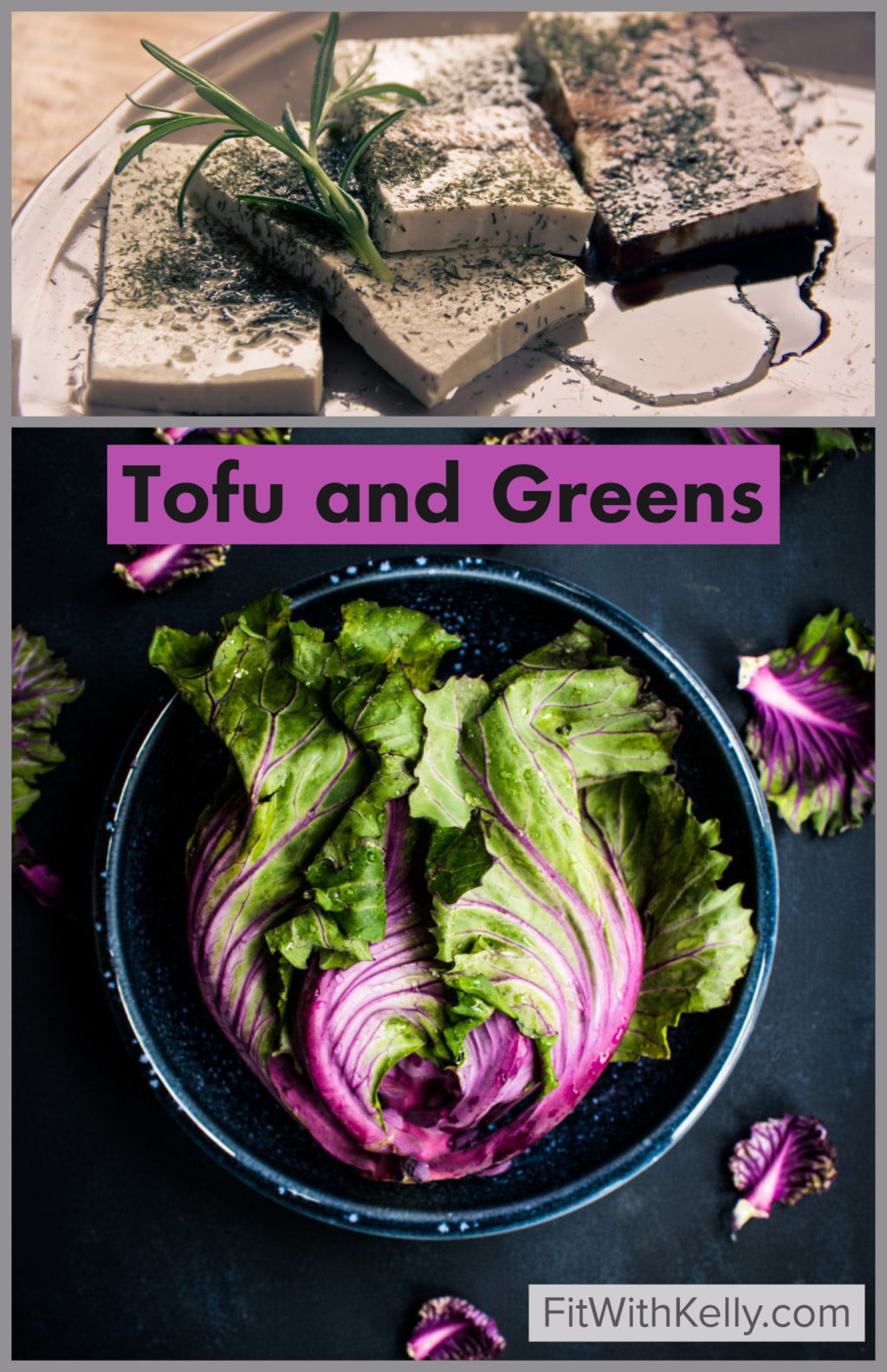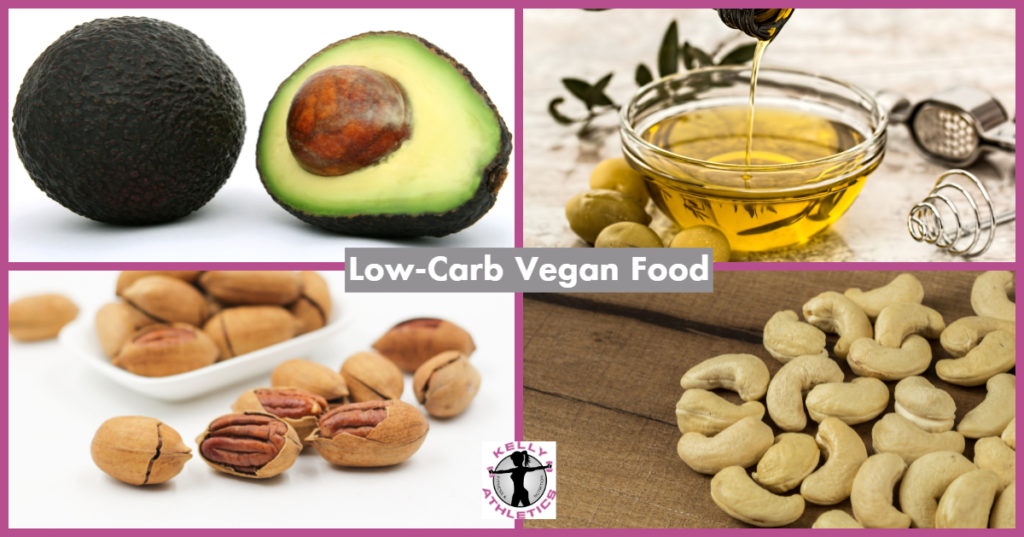Is Prolonged and Intermittent Fasting Safe?
A doctor named Alan Goldhamer supervises patients through therapeutic fasting that lasts between 5 and 40 days. has reported ZERO deaths from water fasting, after having over 10,000 fasting patients. So, even though numerous adverse side effects can occur with water fasting, the mortality rate is extremely low (1). While I don’t recommend dry fasting or prolonged fasting without doctor supervision, it is highly possible that you could fast for many weeks without it being life-threatening. Prolonged fasts typically end much sooner than planned due to the psychological difficulty of going without food (2) in addition to the physical challenges of feeling hungry and unwell.

How long should you fast?
During autophagy, the human body is quite literally detoxifying. That said, it is best to listen to your body and break the fast if you start to feel sick. Fasting has significant psychological effects, like the keto diet due to our bodies need for carbohydrates (2). In some cases, people fast for several days or weeks, then safely return to good health upon breaking the fast with mostly water and health foods. In other cases, fasting for long periods of time can have detrimental effects on people’s health. While some studies have shown that multiple-day fasts are beneficial to human health, more research should be done on best practices.
Most people view starvation as an entirely bad thing – even if it means skipping only one meal – thinking it’s just another type of calorie restriction with short term results. While this can be true for fasting, the negative effects of starvation are more likely to occur when you put yourself on a very low-calorie diet (VLCD). One study determined that after 10 weeks of undereating (due to VLCD without fasting), your hormones change and cause you to feel extra hungry for the next year or longer, leading to weight gain in the long run (3).

Some people develop a liking for fasting, and practice it regularly.
A 24-hour fast every couple weeks or a daily 16-hour intermittent fast is generally safe for healthy individuals. Intermittent fasting has gained popularity in recent years and has been proven effective for fat loss in many studies (4). Many people find that it feels completely normal to go without food from dinner until the following day at lunch time, which is why the 16-hour fast is usually a good starting point. Some people start with 12 hours, then slowly build up over time to achieve 16-24 hour fasts through practice. Many fasters go beyond the 24 hour mark for days or even weeks to reap the health benefits. However, with the risks associated with prolonged fasting I do not personally recommend it. In fact, a 2017 study shows that intermittent fasting has all the same benefits as prolonged fasting such as weight loss, improved liver function, and glucose homeostasis (5).
When intermittent fasting, choosing a vegan version of the ketogenic diet during your eating window is much less harmful to our bodies than the animal-based version. Low-carb plant-based foods may reduce risk of heart disease as opposed to increasing the risk (like meat does) (6). However, it is not required to eat low-carb foods to reap the benefits of ketosis when fasting. Regardless of what diet you follow, make sure you are getting enough calories, proteins, vitamins, and minerals. If you have an eating disorder, nutrient deficiency, or Type II Diabetes, you should not attempt fasting. Hire a vegan dietitian, nutritionist, or nutrition coach to help prepare a healthy and safe plan for you. As always, talk to a medical professional before making any diet changes and to discuss any health risks associated with fasting.
Written by Kelly Gibson, Owner at Kelly Athletics LLC. Kelly is a Personal Trainer and Holistic Nutritionist in Pittsburgh Pennsylvania. She is passionate about being a vegan coach, and loves to help women transition to a plant-strong diet.
References:
- Gustafson, Craig. “Alan Goldhamer, dc: Water Fasting—The Clinical Effectiveness of Rebooting Your Body.” Journal of Integr Med (Encinitas). Vol 13(3): 52–57. Published June 2014. https://www.ncbi.nlm.nih.gov/pmc/articles/PMC4684131/. Accessed Aug 3, 2018.
- Mehrpour, Maryam et al. “Autophagy in health and disease: 1. Regulation and significance of autophagy: an overview.” American Physiological Society, vol 298, issue 4. Published April 2010. https://www.physiology.org/doi/10.1152/ajpcell.00507.2009. Accessed August 1, 2018.
- David Baker and Natacha Keramidas. “The psychology of hunger.” American Psychological Association. Published October 2013, vol 44, No. 9. http://www.apa.org/monitor/2013/10/hunger.aspx Accessed July 29, 2018.
- Kollias, Helen. “Weight Loss & Hunger Hormones: Why ‘willpower’ may not be your problem.” https://www.precisionnutrition.com/fast-weight-loss-changes-hunger-hormones. Accessed July 31, 2018.
- Moro, Tatiana et al. “Effects of eight weeks of time-restricted feeding (16/8) on basal metabolism, maximal strength, body composition, inflammation, and cardiovascular risk factors in resistance-trained males.” J Transl Med. Published 2016. https://www.ncbi.nlm.nih.gov/pmc/articles/PMC5064803/ Accessed July 24, 2018.
- Kyoung-Han Kim & Yun Hye Kim. “Intermittent fasting promotes adipose thermogenesis and metabolic homeostasis via VEGF-mediated alternative activation of macrophage.” Cell Research Journal. Published Oct 17 2017. https://www.nature.com/articles/cr2017126. Accessed July 31, 2018
- DJ, Jenkins et al. “Effect of a 6-month vegan low-carbohydrate (‘Eco-Atkins’) diet on cardiovascular risk factors and body weight in hyperlipidaemic adults: a randomised controlled trial.” BMJ Journals. Published Feb 5 2014. https://www.ncbi.nlm.nih.gov/pubmed/24500611 Accessed July 25, 2018.



